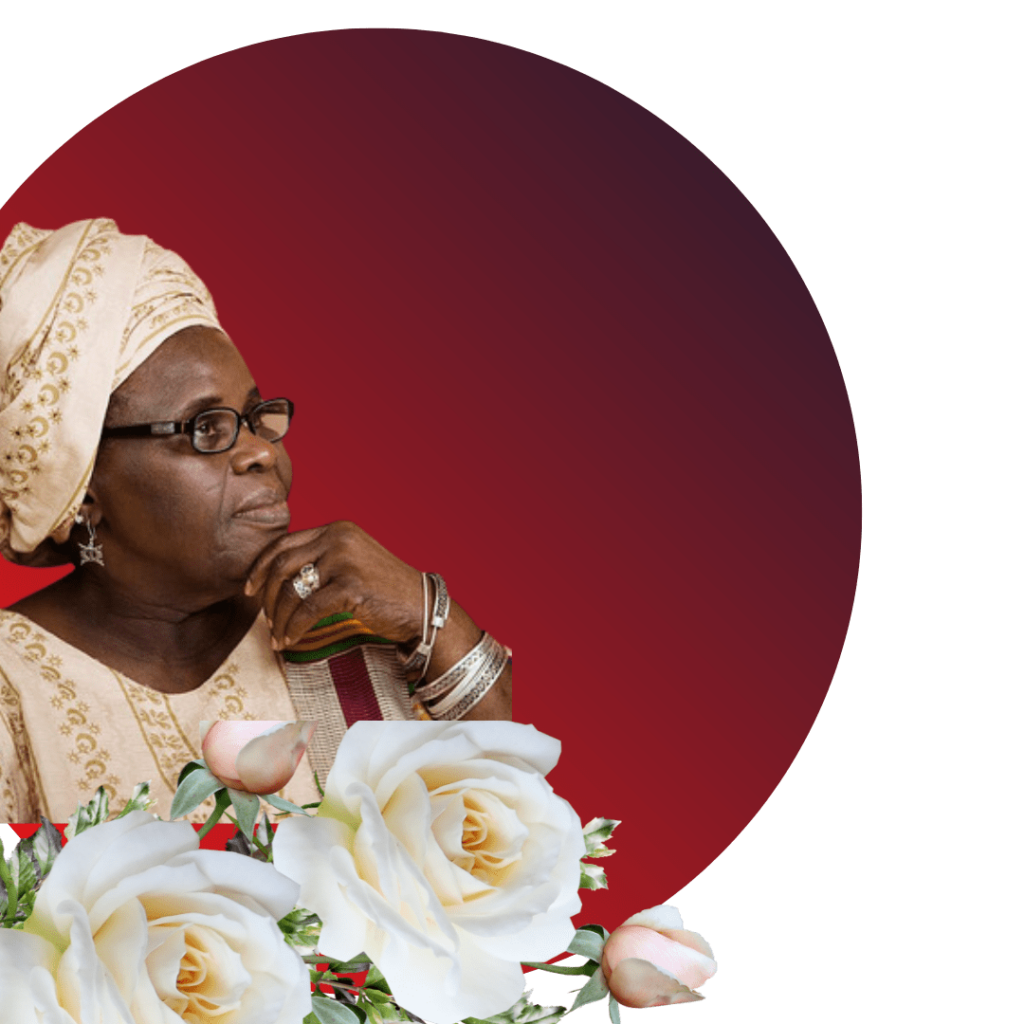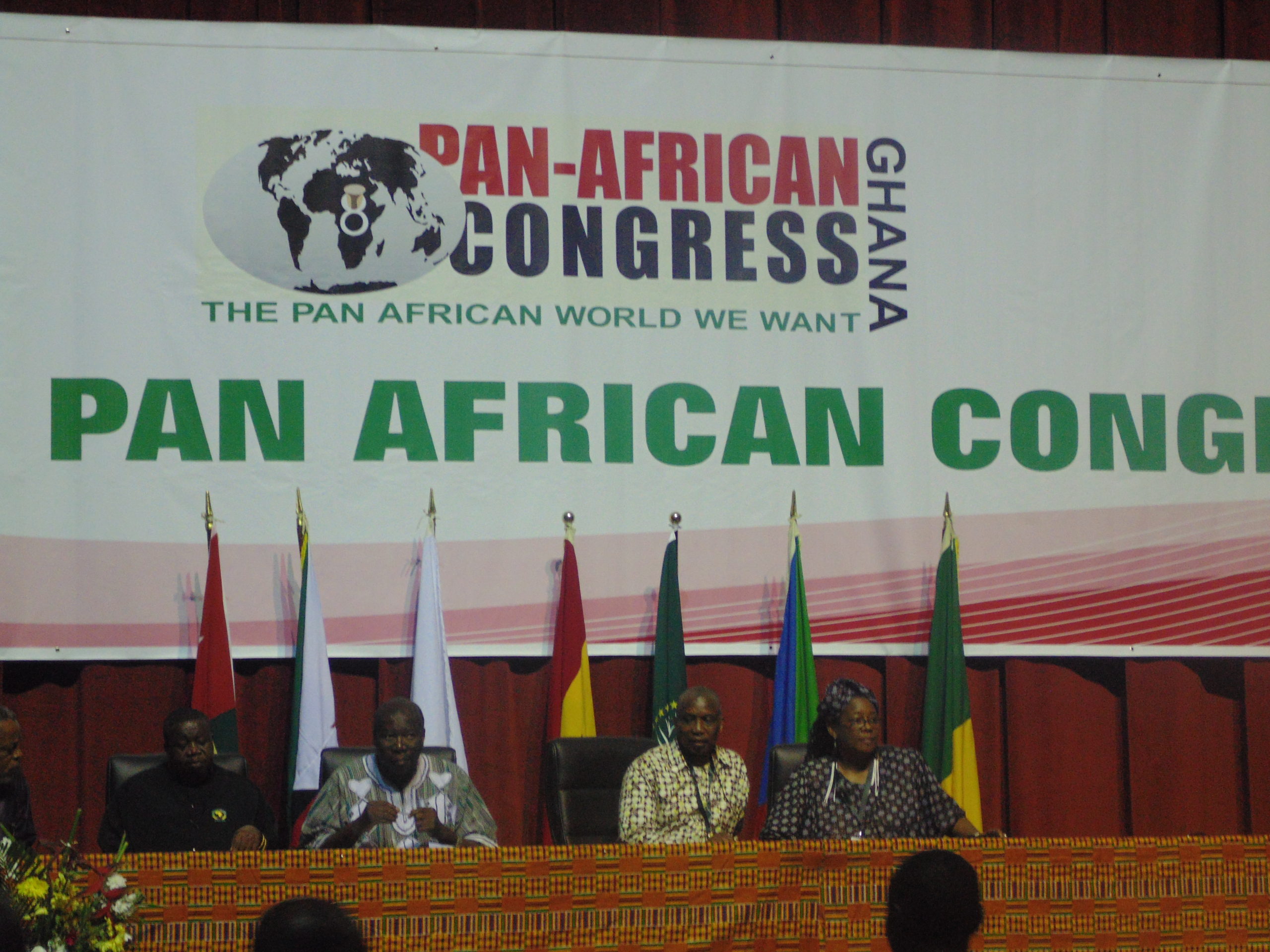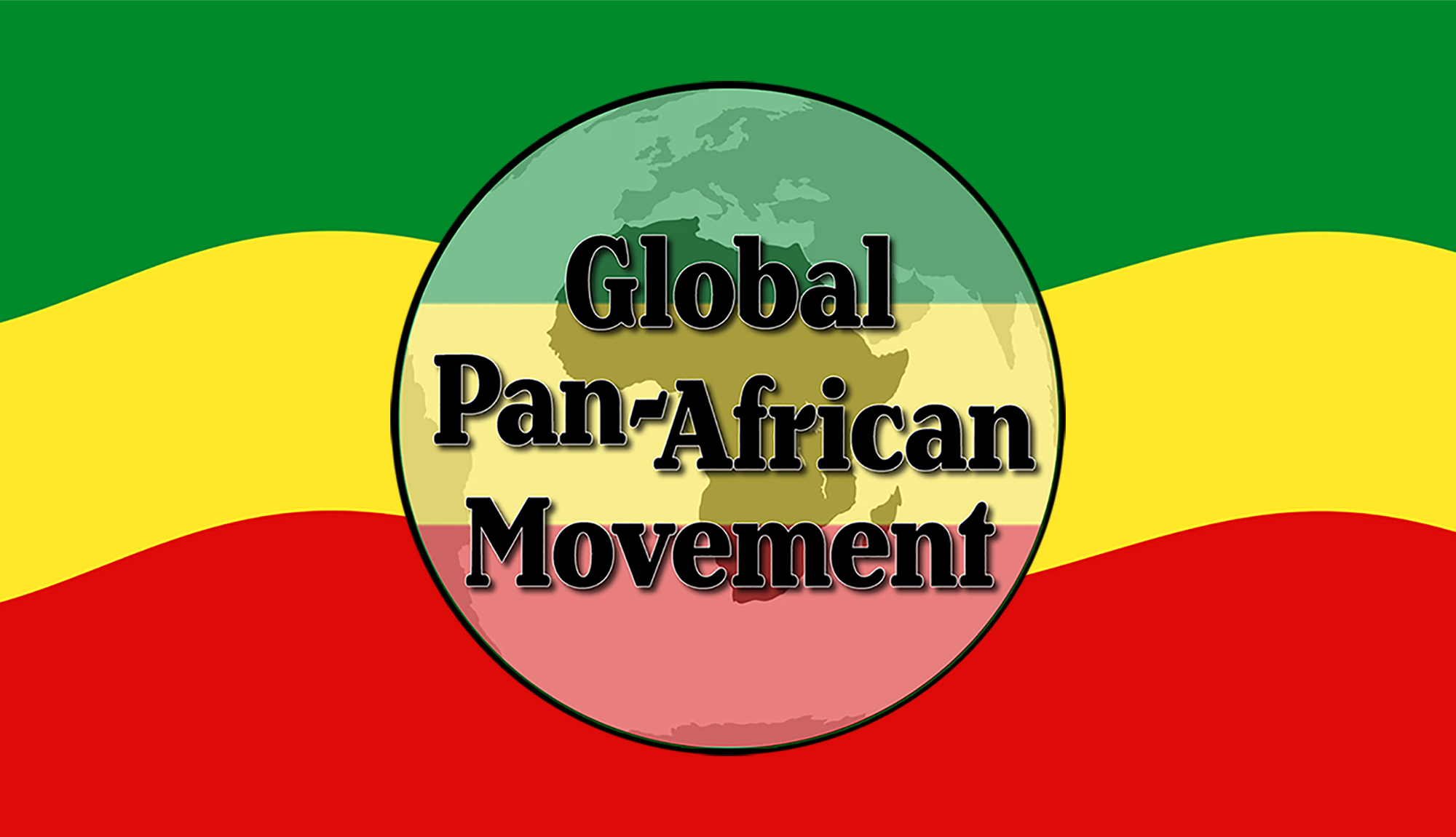
The Pan African playwright, novelist, essayist, womanist and anti-imperialist joined the ancestors on May 31, 2023. Born in the Global African region that is now labeled as Ghana, on the same day that Walter Rodney came into his world, March 23, 1942; Ama Ata Aidoo navigated the roads of oppression, militarism, neo-colonialism; patriarchy and opportunism to shine a path towards emancipation and transformation.
Ama Ata Aidoo’s formative years were shaped by the anti-colonialism of the Ghanaian peoples and the vibrancy of the political leadership of Kwame Nkrumah. Like most youths who came through that era, her self-confidence had been inspired by Pan African optimism and the possibilities for African Freedom. As a beneficiary of the efforts to expand educational opportunities after self-government, Ama Ata Aidoo attended secondary school and later the University of Ghana where she studied literature. She produced her first play for the public in 1964 when she was in her final year at University of Ghana. This play, The Dilemma of a Ghost, went on to be published the following year. This was the start of a writing career that lasted for 59 years and influenced the writings of Pan African women.
Aidoo wrote both fiction and non-fiction, and in some cases, infused the two genres to use the creativity of the writer to convey messages of neocolonialism, masculinity, insecurity and imperial domination that was not easily articulated by social scientists in the period of anti-Pan Africanism and anti-African Liberation. In particular, she exposed the insecurities of those who internalized western ideas of Christianity and civilization.
Her first novel, Our Sister Killjoy, published in 1977, remains one of her most popular works. Through the protagonist, Sissie, a Ghanaian student traveling to Europe for study, Aidoo challenges simplistic understandings of power. In Sissie’s friendship with Marija, a German woman Sissie befriends in Bavaria, Aidoo shows the structurally disadvantaged position of Global Africans, but she also shows how that position does not preclude us from power or the exercise of power. Throughout Marija and Sissie’s relationship, we are made aware of Sissie’s commanding presence, and the power that lies in the fact that Sissie’s existence and self-perception, unlike Marija’s, was not predicated on the subordination and domination of others. A formidable Pan Africanist, Aidoo provides her readers the imagination necessary to rethink and understand their position and role in the world.

Her works of fiction continue to inspire those who oppose the brutality and violence of neocolonial capitalism that represents itself as freedom and democracy. Aidoo was one of the cultural workers who built up the international reputation of the Institute of African Studies at the University of Ghana. She worked as a fellow at the Institute from 1964 before being made unwelcome in the University of Ghana after the overthrow of Nkrumah in 1966. After the overthrow of Kwame Nkrumah by the imperialist inspired militarists and neocolonialists, Ama Ata Aidoo was persecuted and harassed.
Because she had distinguished herself as an opponent of militarism and imperialism; when Jerry Rawlings staged his second military coup, his clique appointed her as the Minister of Education. She did not last for more than 18 months because she grasped very early that the Rawlings regime was unserious and compromised by its total subservience to the International Monetary Fund (IMF). When another radical, Kwesi Botchwey who had been named the Minister of Finance and pushed for IMF conditionalities, Aidoo opposed and resigned after 18 months, realizing that she would be unable to achieve her aim of making education in Ghana freely accessible to all.
As a progressive Pan Africanist she went to Zimbabwe and worked closely with Micere Githae Mugo who was at that time a Kenyan exile in Zimbabwe. There, they collaborated and worked on curriculum development for the Ministry of Education in that country. Aidoo was actively involved in Pan-Africanist organizations and initiatives. She stood aloof from state centered and neoliberal Pan Africanism. In 2015, when the government of Ghana was hesitant about hosting the 8th Pan African Congress, she distanced herself from the tepid event because she felt the event was unserious.
As a Pan African womanist Ama Ata Aidoo opposed the representation of African women as victims of patriarchy. Her commitment to advocating for women’s rights and her exploration of women’s experiences within African contexts align with the principles and objectives of womanism, making her work significant and influential within the womanist literary tradition. She rejected the portrayal of African women as downtrodden without agency. Her piece “To be a woman” was included in the 1984 anthology Sisterhood Is Global: The International Women’s Movement Anthology, edited by Robin Morgan.
Ama Ata Aidoo was a foremost literary giant of our time. Her major contribution has been well documented in the book celebrating her by Anne V. Adams, Essays in Honour of Ama Ata Aidoo at 70: A Reader in African Cultural Studies. Her artistic contributions have been captured through a film, The Art of Ama Ata Aidoo, by Yaba Badoe. Her expansive literary career sent her to work in many parts of the world. She served for many years as a Visiting Professor at Brown University.
The Global Pan African Movement celebrates the life and struggles of Ama Ata Aidoo and urges young freedom fighters to learn from her exemplary life and work.
For more appreciation with extensive bibliography of her work, see Aidoo, (Christina) Ama Ata 1942– | Encyclopedia.com


